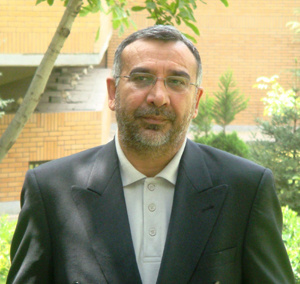Blocking Fuel and Iran’s NATO Worries

It has now been more than two weeks since Iran stopped hundreds of Afghan fuel trucks at the border, barring them from entering Afghanistan. Iranian officials say that they are concerned with who is going to consume the fuel, the Afghan people or NATO forces. Iranian Diplomacy has discussed the issue with Mohammad-Ebrahim Taherian, Iran’s former ambassador to Afghanistan.
IRD: Recently Iran blocked transit fuel shipments on its border to Afghanistan. Has there been any existing agreement between Tehran and Kabul on transit cargos? And have there been such limitations before?
MET: Tehran and Kabul have made conventional agreements based on international law. Afghanistan is a landlocked country, so it needs cooperation on transit from its neighbors like Pakistan and Iran which border warm waters. The southern region of Afghanistan, I mean Herat, Farah and Nimruz, and to some extent the southern area of Kandahar Province, have mostly used the Iranian transit route which had faced no problems until recently (except during the time of Taliban’s rule in the country). The recent blocking of shipments is an unprecedented incident.
From what we read of our ambassador to Afghanistan’s statements, Iran is concerned that the fuel is used in cases not related to the Afghan people. It is not yet clear to what extent these worries are reasonable and based on objective evidence. The winter gets quite cold in Afghanistan, and the country’s western and south-western regions have no other means to receive fuel, except for the Turkmenistan route which has its own problems. The Dogharoun and Milak terminals in Iran were active in transporting goods to Farah in Afghanistan. The current situation will definitely hurt public opinion in Afghanistan.
IRD: Is Tehran merely worried about the final destination of fuel, which is said to be NATO forces?
MET: High-ranking Iranian officials have so far refused to comment on the issue. Iran’s ambassador to Afghanistan Fada-Hossein Maleki has of course voiced concerns on the usage of the fuel. What has been heard from some Iranian officials is that there are ‘technical’ problems that need to be solved.
IRD: NATO forces, the source of Iran’s worry, are not going to leave Afghanistan, at least in short-term. Will Tehran and Kabul find a quick solution to this problem?

